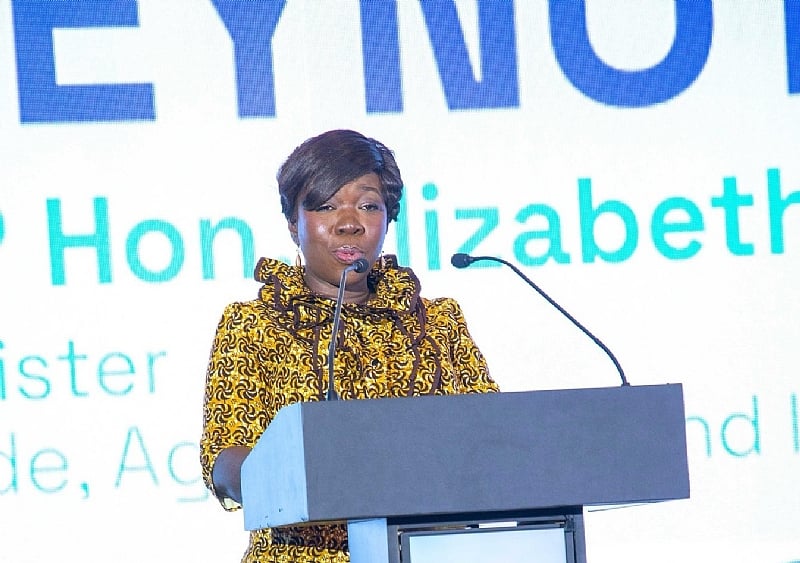Ghana’s government has embarked on an ambitious initiative to bolster its Micro, Small, and Medium Enterprises (MSMEs), recognizing their crucial role in the nation’s economic fabric. The overarching goal is to inject GH¢6 billion into the sector through accessible loan programs by 2027, with a deliberate focus on empowering women and youth-led businesses, allocating 60% of the funds to these demographics. This financial commitment forms the cornerstone of a four-pronged strategy aimed at addressing the systemic challenges that have historically hampered the growth and development of MSMEs in Ghana. The initiative underscores the government’s recognition of the entrepreneurial spirit and resilience demonstrated by these businesses, even in the face of considerable obstacles.
The government’s strategy extends beyond financial support to encompass structural and infrastructural improvements that create a more conducive environment for MSMEs to thrive. This includes the planned establishment of three industrial and agroecological parks, designed to provide shared resources and facilities, reducing operational costs and fostering collaboration. Moreover, recognizing the burden of bureaucratic processes, the government aims to streamline certification procedures, targeting a 40% reduction in both time and cost for 5,000 businesses. This commitment to simplifying regulations acknowledges the disproportionate impact of red tape on smaller enterprises, freeing up valuable time and resources for growth and innovation.
Furthermore, the government’s plan emphasizes the importance of digitalization in modernizing MSMEs, aiming to digitally onboard 250,000 businesses. This digital transformation initiative will enhance access to financial services, expand market reach, and provide valuable business development tools. This digital inclusion strategy recognizes the increasing necessity for businesses to operate effectively in the digital age and seeks to bridge the digital divide, ensuring that MSMEs can leverage technology to enhance their competitiveness and participate fully in the evolving global marketplace.
Several ongoing initiatives are already underway, laying the groundwork for achieving these ambitious goals. These include regulatory reforms to simplify the business environment, digital skills training programs to equip entrepreneurs with the necessary technological proficiency, and financial support programs tailored to the specific needs of MSMEs. Notably, the introduction of zero-fee mobile credit and the forthcoming establishment of a Women’s Bank demonstrate concrete steps towards enhancing financial inclusion and providing access to capital, particularly for underserved segments of the entrepreneurial landscape.
Complementing these direct interventions, the government is also implementing broader programs designed to integrate MSMEs into key sectors of the economy. The Accelerated Export Development Programme and the Feed the Industry Initiative specifically target the integration of MSMEs into agriculture, textiles, and manufacturing, recognizing the potential for these sectors to drive economic growth and create employment opportunities. By facilitating linkages between larger industries and smaller businesses, these initiatives foster synergistic relationships that benefit the entire economic ecosystem.
The importance of MSMEs to Ghana’s economy cannot be overstated. They represent 92% of registered businesses, contribute a substantial 70% to the nation’s Gross Domestic Product (GDP), and employ a significant 85% of the manufacturing workforce. These figures underscore the vital role that MSMEs play in driving economic activity, generating income, and creating jobs. The Ghana Enterprises Agency (GEA) is playing a pivotal role in supporting these businesses by providing access to financing, training, and digital tools. Further strengthening this support network is the planned launch of an MSME Gateway Portal, developed in partnership with the United Nations Development Programme (UNDP). This portal will serve as a centralized platform, streamlining access to a range of business support services, making it easier for entrepreneurs to navigate the available resources and unlock their full potential. The collaborative approach between government agencies, international development partners, and the private sector demonstrates a shared commitment to fostering a vibrant and thriving MSME sector in Ghana, driving sustainable economic growth and creating opportunities for all.


